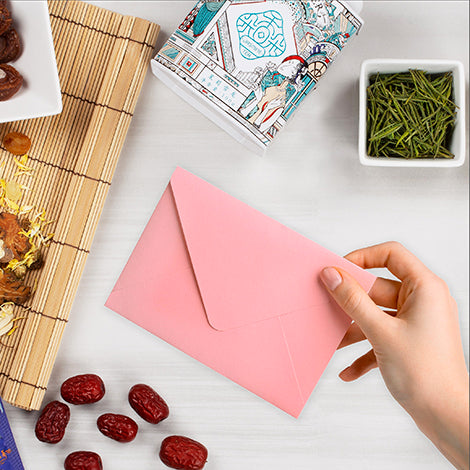選擇我們購物
快來 TikTok 加入我們!在這裡,你能觀看我們的新品發佈,第一時間了解最新潮流好物;還有活動優惠介紹,幫你輕鬆省下「銀子」,享受超值購物體驗;更有詳細的產品使用教程,讓你對產品的功能和用法瞭若指掌。精彩內容不斷,別再猶豫,趕緊關注我們,開啟這場精彩之旅!
Mon-Fri, 9am-5pm
(323) 940-8888
Get the latest updates on new products and upcoming sales
感謝訂閱!
此電子郵件已被註冊!
